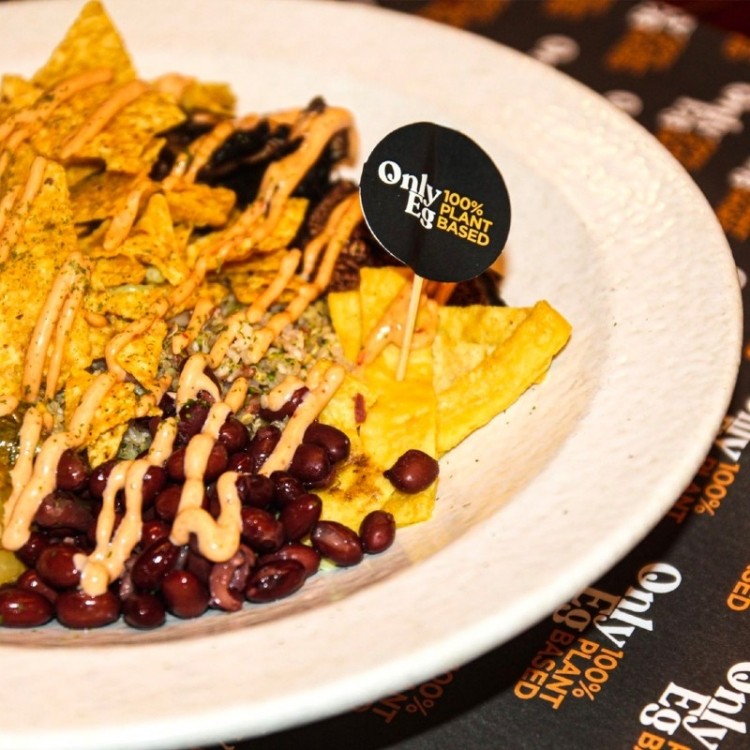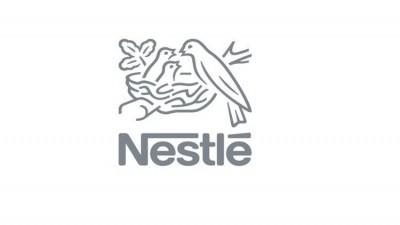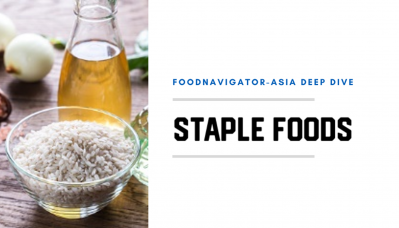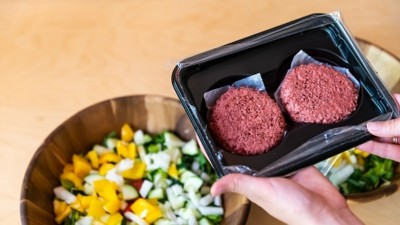Year of the plant-based egg: Singapore’s OnlyEg taps food safety and nutrition drivers to expand reach

The plant-based sector in the Asia Pacific region has grown by leaps and bounds over the past few years, with a lot of this primarily driven by meat alternatives as well as dairy alternatives.
Amidst this growth, the plant-based egg sector still remains relatively small by comparison, and Singapore’s OnlyEg believes that 2023 could be the year that this changes.
“Plant-based meat has had a lot of focus in recent years, especially with many celebrities jumping on board to embrace these products – but the time has now come for the egg equivalent to shine,” OnlyEg brand owner Float Foods’ Founder Vinita Choolani told FoodNavigator-Asia.
“The technology for making this has improved and developed significantly in recent years, and is now at a point where the industry has the scope and capability to make a real mark this year.
“This is further supported by the vulnerability of the traditional chicken and eggs sector, where egg output by local farms has decreased [and] there has been a slew of product and chicken egg recalls with issues pertaining to salmonella and other contaminants.
“Consumers consumer two billion eggs annually in Singapore alone, and [we] plan to manufacture our eggs in Singapore as being locally produced gives us the control to manage the entire manufacturing chain and enables us to be responsible for food safety and traceability, among other things.”
This also applies from a nutritional perspective as the OnlyEg product contains various nutritional benefits in addition to coming from a cleaner production chain than regular chicken eggs.
“Our focus is on nutrition as we want to deliver a plant-based egg alternative that not only taste like chicken eggs but have also a strong nutritional profile,” Choolani added.
“Amongst the benefits is that the eggs are cholesterol free, [from] clean production, high in fibre and low in saturated fats.”
In addition, the firm also believes that APAC consumers now-familiarity with other plant-based products has opened up the door for plant-based eggs to gain acceptance more quickly.
“Many consumers are now comfortable with the taste and texture of plant-based meats, which greatly brings down any potential challenges for plant-based egg acceptance,” she added.
“That said, we also have put great effort into ascertaining that there has been no compromise made on the taste such that consumers won’t mind making the switch – they need to think of plant-based products as being attractive as opposed to making a sacrifice, or it will be hard for this switch to be a long-term one.”
Shell-less scramble
One clear difference that OnlyEg has with its traditional animal-based contemporaries is noticeably the lack of a shell.
“We explored ‘shells’ for our plant based eggs and found these to be unsustainable,” Choolani said.
“Yolks and whites will be packaged as separate entities [and these can be assembled] upon frying.”
OnlyEg has already launched in various foodservice outlets including restaurants, hotels and cafes in Singapore with its Ready-To-Eat (RTE) products.
“OnlyEg can be used in Asian and Western foods such as fried rice, noodles or wraps,” she added.
“Apart from Singapore, we have also signed agreements for distributing our products in Australia, Malaysia and Hong Kong. We expect to hit price parity once we hit economies of scale.”


















